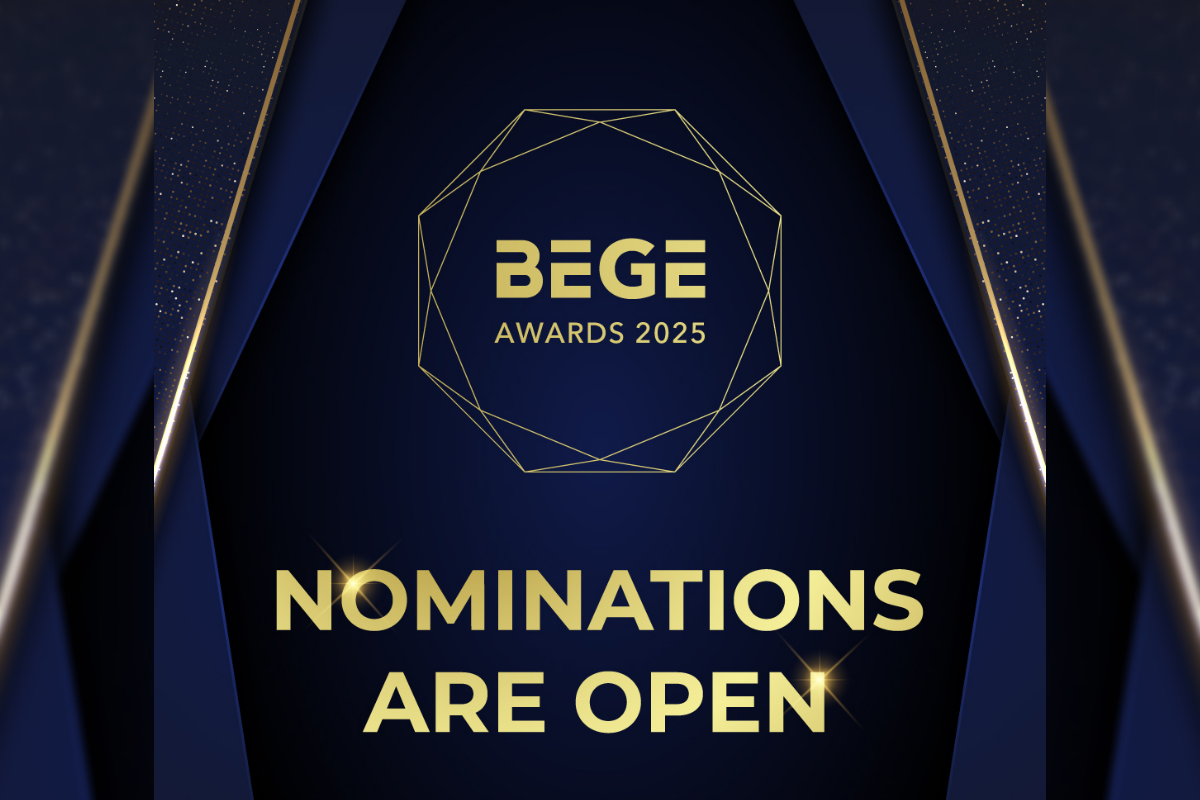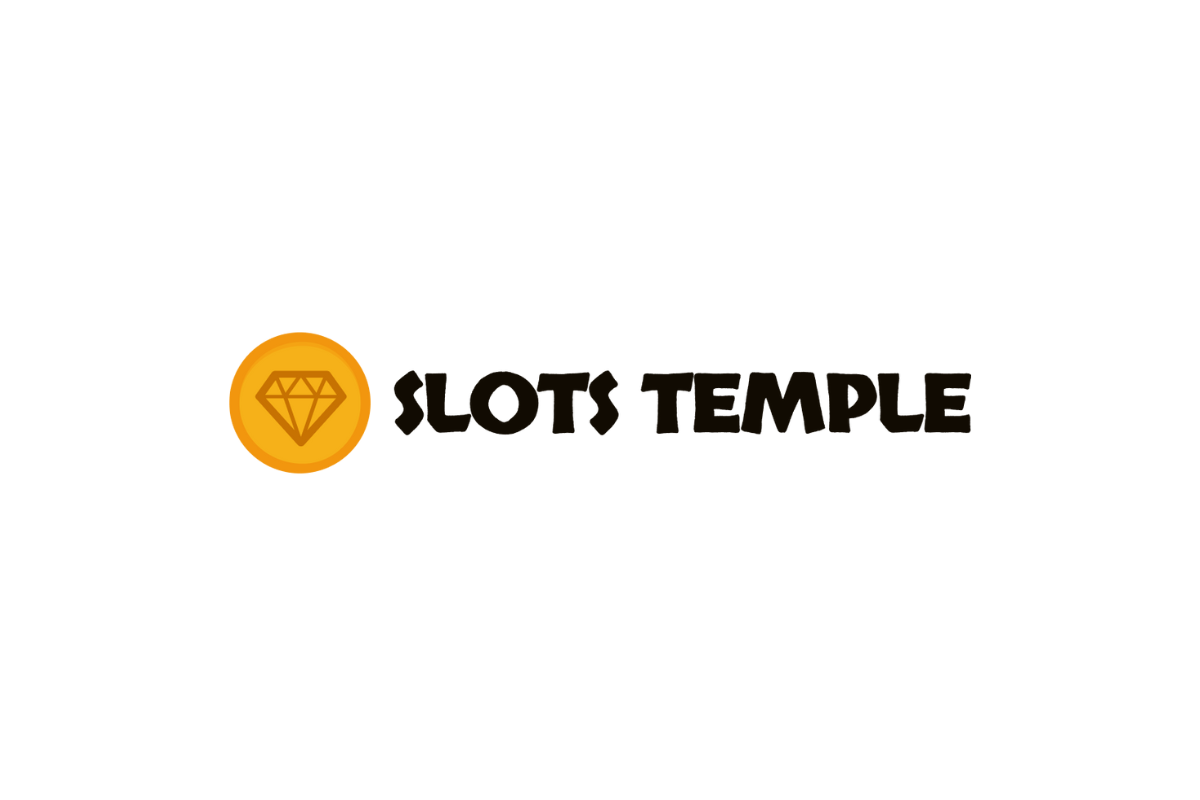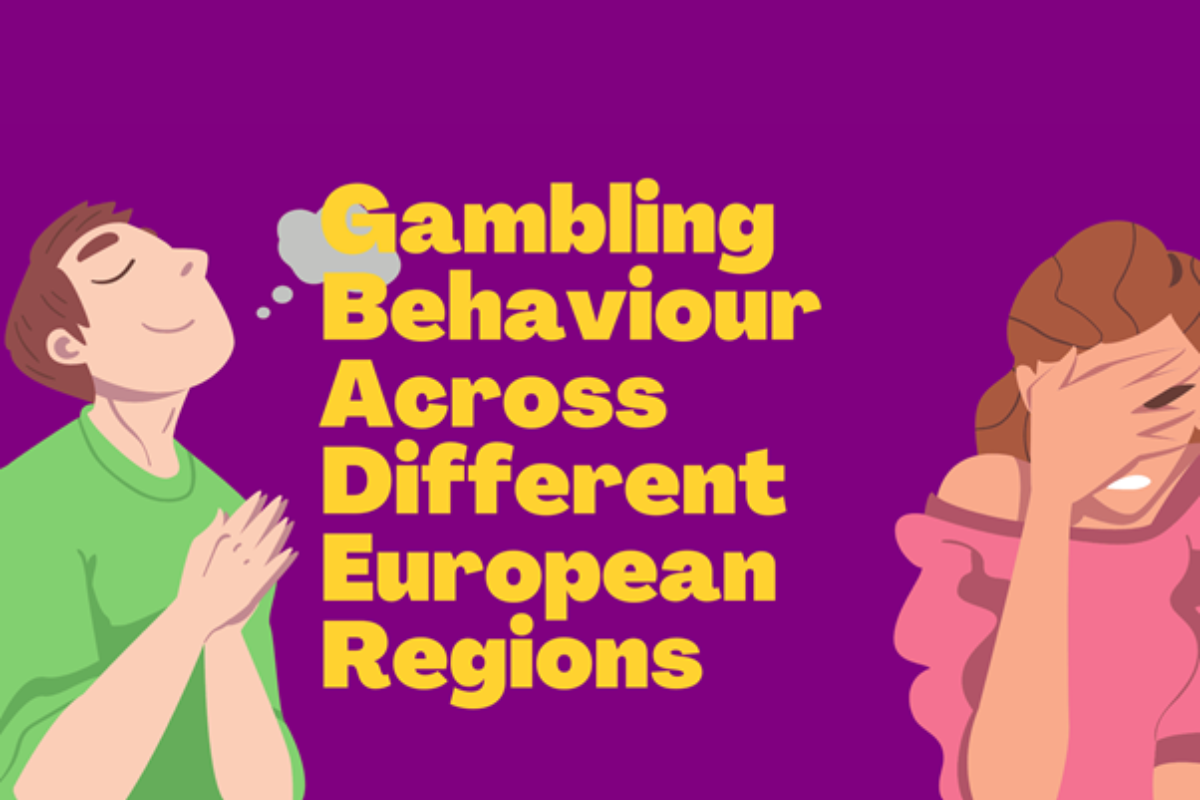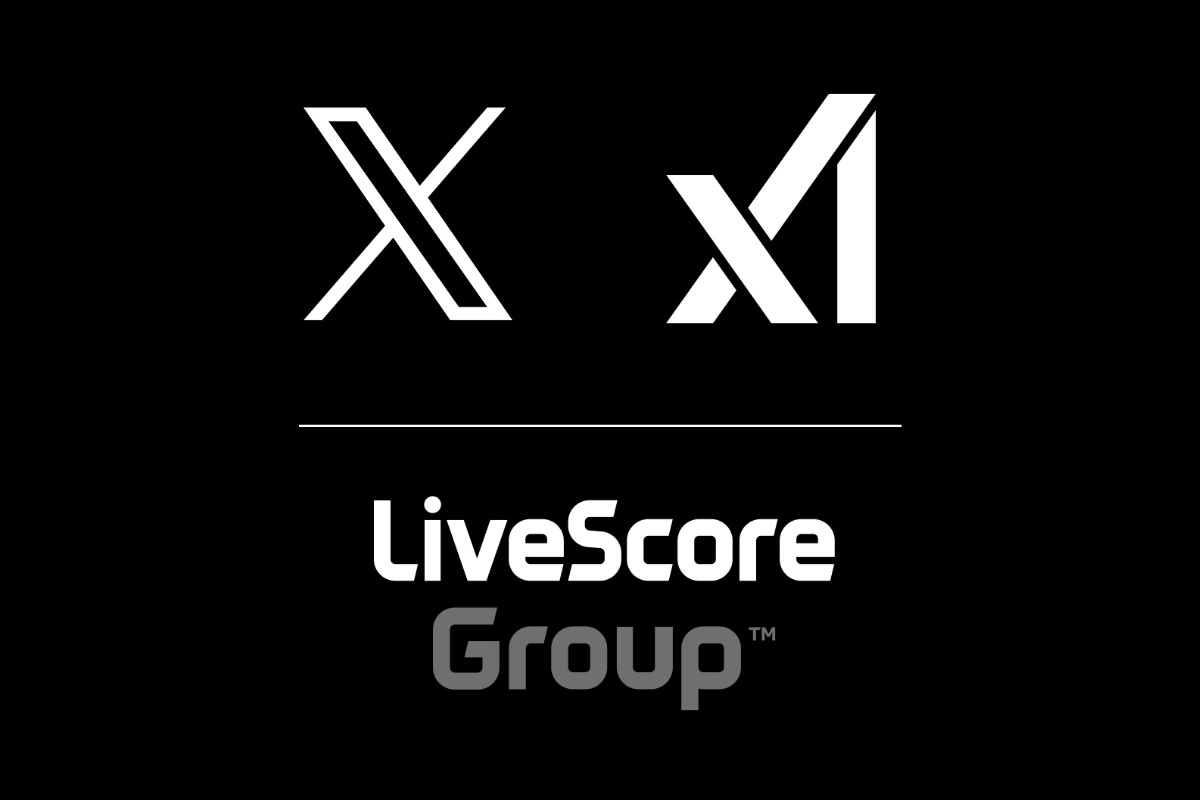European Commission Press Releases
Artificial intelligence: European Commission kicks off work on marrying cutting-edge technology and ethical standards

Brussels, 9 March 2018 – The Commission is setting up a group on artificial intelligence to gather expert input and rally a broad alliance of diverse stakeholders.
The expert group will also draw up a proposal for guidelines on AI ethics, building on today’s statement by the European Group on Ethics in Science and New Technologies.
From better healthcare to safer transport and more sustainable farming, artificial intelligence (AI) can bring major benefits to our society and economy. And yet, questions related to the impact of AI on the future of work and existing legislation are raised. This calls for a wide, open and inclusive discussion on how to use and develop artificial intelligence both successfully and ethically sound.
Commission Vice-President for the Digital Single Market Andrus Ansip said: “Step by step, we are setting up the right environment for Europe to make the most of what artificial intelligence can offer. Data, supercomputers and bold investment are essential for developing artificial intelligence, along with a broad public discussion combined with the respect of ethical principles for its take-up. As always with the use of technologies, trust is a must.”
Carlos Moedas, Commissioner in charge of Research, Science and Innovation,added: “Artificial intelligence has developed rapidly from a digital technology for insiders to a very dynamic key enabling technology with market creating potential. And yet, how do we back these technological changes with a firm ethical position? It bears down to the question, what society we want to live in. Today’s statement lays the groundwork for our reply.”
Commissioner for Digital Economy and Society Mariya Gabriel said: “To reap all the benefits of artificial intelligence the technology must always be used in the citizens’ interest and respect the highest ethical standards, promote European values and uphold fundamental rights. That is why we are constantly in dialogue with key stakeholders, including researchers, providers, implementers and users of this technology. Our work to build a Digital Single Market is essential for encouraging the development and take-up of new technologies.”
Today the Commission has opened applications to join an expert group in artificial intelligence which will be tasked to:
- advise the Commission on how to build a broad and diverse community of stakeholders in a “European AI Alliance”;
- support the implementation of the upcoming European initiative on artificial intelligence (April 2018);
- come forward by the end of the year with draft guidelines for the ethical development and use of artificial intelligence based on the EU’s fundamental rights. In doing so, it will consider issues such as fairness, safety, transparency, the future of work, democracy and more broadly the impact on the application of the Charter of Fundamental Rights. The guidelines will be drafted following a wide consultation and building on today’s statement by the European Group on Ethics in Science and New Technologies (EGE), an independent advisory body to the European Commission.
The call for applications for an expert group in artificial intelligence will end on 9 April and the Commission aims to set this group up by May. This group will gather and build on the work done by other experts which is relevant to artificial intelligence, such as the high-level strategy group for industrial technologies (intermediate report) and the expert group on liability and new technologies. For the latter a call for applications was also launched today. This expert group will assist the Commission in analysing the challenges related to the existing liability framework.
The Commission will work closely with Member States, especially through the European platform of national initiatives to digitise industry (next forum event organised in France on 27 and 28 March), with the European Parliament, the European Economic and Social Committee, the Committee of the Regions as well as international organisations and fora (such as the G7). Artificial intelligence will be one of the key topics discussed as part of the Digital Day taking place in Brussels on 10 April.
Background
The Joint Declaration on the EU’s legislative priorities for 2018-2019called for a high level of data protection, digital rights and ethical standards in artificial intelligence and robotics.
The Commission has already taken action to make optimal use of what artificial intelligence can offer, with:
- investments in research and innovation in the Horizon 2020 Framework Programme including a call for an AI-on-demand platform that will gather tools and algorithms for users such as SMEs, non-tech sector and public admnistrations to test solutions based on artificial intelligence, investments in digital infrastructure such as high-performance computing, the network of Digital Innovation Hubs and projects across thematic areas using artificial intelligence for developing new knowledge, products and services
- the creation of a Digital Single Market, including a comprehensive framework for the free flow of personal and non-personal data, first-class connectivity across Europe and stronger cybersecurity rules.
The Commission will build further on this progress with a communication on artificial intelligence to be presented in the coming weeks, in line with the conclusions of the European Council of October 2017. This initiative will help stimulate investments and accelerate the development and take-up of this technology.
For More Information
- Call for applications to group of experts on artificial intelligence
- Statement on artificial intelligence by the European Group on Ethics in Science and New Technologies
- Call for applications to group of experts on liability and new technologies
- Commission’s website on artificial intelligence
IP/18/1381
|
Press contacts:
|
-

 Asia6 days ago
Asia6 days agoDigital gaming disruption tackled in 1st AsPac Regulators’ Forum
-

 Africa6 days ago
Africa6 days agoBetKing Renews Ikorodu City FC Partnership for 2025/26 NPFL Season
-

 Compliance Updates6 days ago
Compliance Updates6 days agoKongebonus statement: Norway’s election result signals gambling policy continuity, but licensing debate is set to intensify
-

 Balkans6 days ago
Balkans6 days agoBEGE Awards Nominations Now Open – Celebrating 16 Years of Industry Excellence!
-

 Latest News6 days ago
Latest News6 days agoWin a Fruity Fortune in BGaming’s Bonanza Trillion
-

 Latest News6 days ago
Latest News6 days agoSlots Temple Announces Exclusive Free-to-Play Tournament Partnership with Pragmatic Play
-

 Latest News6 days ago
Latest News6 days agoSaddle up for big wins under the Bison Moon with the latest slot from Northern Lights Gaming
-

 Latest News6 days ago
Latest News6 days agoAnswer the Call of the Wild: ELA Games Unveils Its Latest Game “Buffalo Force”


















